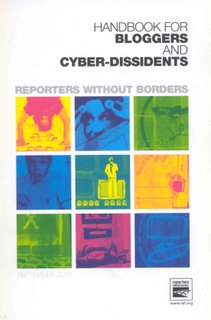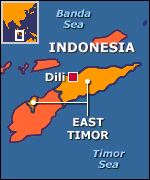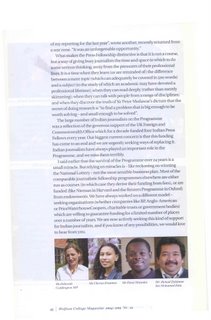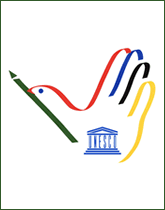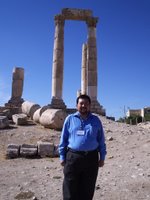
Malaysian Education Minister Hishammuddin Hussein is not so much into singing but that does not stop him from appreciating music.
"Life without music and culture is no life at all," he said during a visit to a music school in Beijing where he was entertained to an eight-piece performance of age-old Chinese instruments by the students.
Plucking a seven-string instrument known as "guqin" that dates back 2000 years and other treasured musical items like the pipa, yangjin, and erhu, the students skilfully performed a sweet medley of songs.
Mesmerised by their performance, Hishammuddin invited the students to perform before his Asean counterparts when Malaysia hosts the ministerial meeting in March next year.
And in a new beat to Malaysia-China cooperation, he offered the school, which celebrated its 40th anniversary recently, to help draw up the curriculum for the two arts schools which will built in Johor and Sarawak.
Such expected link-up capped a successful trip for Hishammuddin, who broke new ground as the first Education Minister from Malaysia to make an official visit to China in 10 years.




+of+P4040028.JPG)










